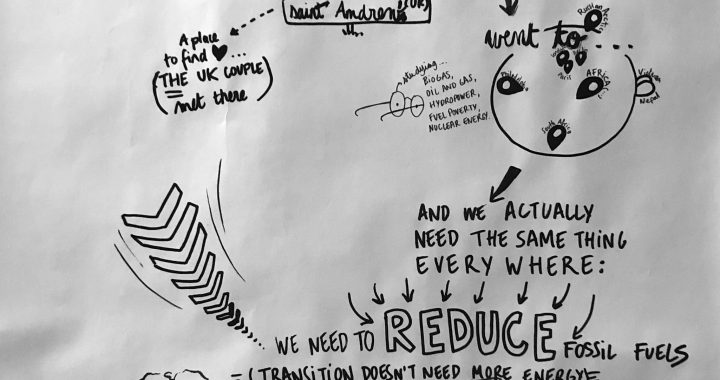In this Webinar, Carl will discuss why we need governmental policies in order to move towards a Circular Economy. He will focus on European policies for circular products and circular business models. He will also provide a critical perspective on the Circular Economy, and the implications for governance. He will also discuss the different roles of citizens in this transition: as purchasers, maintainers, sharers etc.

Date: Friday, March 25th, 2022 at 12h30 CET (13H30 EET)
Location: Online, hosted on Zoom.
Event access information will be provided all registered attendees 24 hours, and 1 hour, prior to the event start.
REGISTRATION: https://forms.gle/cWDKusjdGAGFjb6BA
ABOUT THE SPEAKER
Carl Dalhammar (LL.M., M.Sc., Ph.D.) is associate professor at IIIEE, Lund University. His research interests include law and innovation, government-industry interactions, technology transfer, and product-oriented environmental policy. His research projects have analyzed a number of product oriented environmental policies, including laws, eco-labels, and government procurement. Carl currently teaches environmental law and politics in seven European master programs and several undergraduate programs and has supervised over 50 master theses. He was invited panel member at the seminar “Energy savings in practice: the role of the EU Ecodesign Directive”, held at the European Parliament, Brussels in April 2011. Carl is a member of the Council for Research Issues at the Swedish Competition Authority


















